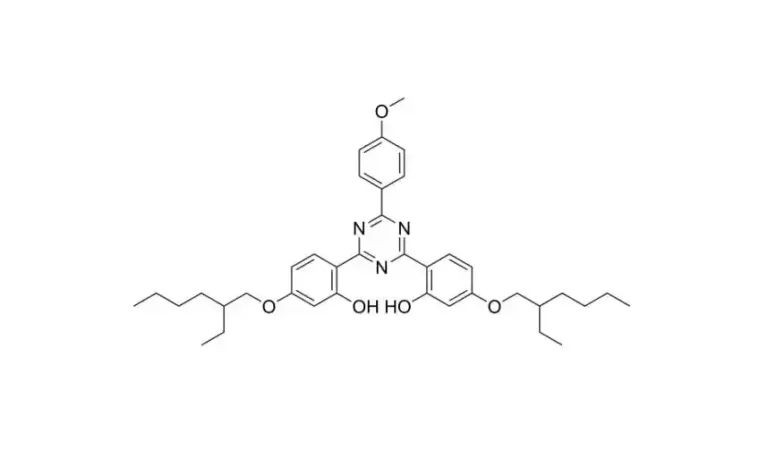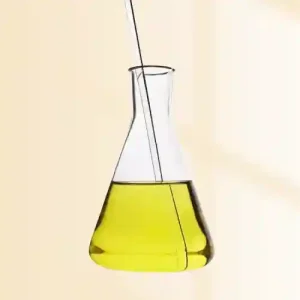Ensuring that sunscreens remain stable under sunlight is crucial for them to work effectively in shielding against UV rays and staying potent for some time as discussed in this piece of writing that delves into the elements influencing sunscreen photostability and explains how UV filters function to safeguard the skin from sun damage in the long run. Understanding the significance of sunscreens being photostable is essential for securing lasting skin protection and facilitating the choice of products that offer defense against rays to promote good skin health.
What is Photostability in Sunscreens?
Defining Photostability
Photostability refers to the capacity of a material to withstand alterations caused by elements such as sunlight exposure in the context of sunscreens. This implies that the active ingredients should endure and perform effectively under sunlight exposure. A sunscreen with good photostability will retain its qualities and shield your skin from UV damage.
Mechanisms Affecting Photostability
- Chemical degradation Some UV filters may break down when exposed to sunlight, reducing their protective capabilities.
- Reactivity with other ingredients Interactions between different components in the formulation can affect the stability of the UV filters.
- Environmental factors, such as temperature and humidity, can also play a role in how stable sunscreen remains once applied.
How Do Organic UV Filters Work?
Functionality of Organic UV Filters
UV filters play a role in absorbing ultraviolet rays to protect the skin from harmful effects effectively specifically targeting UVA and UV rays responsible for sunburn and premature aging signs. These specialized chemicals work by absorbing these rays to shield the skin reducing the risk of skin damage and the potential development of skin cancer.
Common Types of Organic UV Filters
Shanghai BFP New Material Co., Ltd offers a variety of natural UV filters with characteristics and features.
- Bisoctrizole / BFP-SP M (Tinosorb M)
- Bemotrizinol/ BFP-SP S
- Diethylamino Hydroxybenzoyl Hexyl Benzoate/BFP-SP DHHB
- Ethylhexyl Triazone/BFP-SP EHT
- Octocrylene/ BFP-SP OCT
- Avobenzone/ BFP-SP AVB
These specific filters are selected because they offer protection and improve the overall effectiveness of sunscreen products.
Why is Photostability Crucial for Organic UV Filters?
The importance of photostability in UV filters is essential as it impacts the effectiveness and safety of sunscreens for usage.
Impact on Sunscreen Efficacy
Making sure that a sunscreen stays effective when it’s under the sun is important for protecting your skin from long-term damage – If an organic UV filter breaks down quickly and loses its potency it might not protect against extended exposure to the sun which could potentially harm your skin.
Longevity and User Safety Concerns
Formulas that provide lasting protection without requiring frequent reapplication enhance user convenience and reduce the chances of health concerns associated with inadequate sun protection methods Moreover stable sunscreens reduce the formation of harmful byproducts that could lead to skin irritation or harm.
How to Enhance Photostability in Sunscreen Formulations?
Crafting sun protection products that customers can trust involves enhancing their durability under the sun’s rays and ensuring they remain effective for a period.
Strategies for Improving Photostability
There are ways to improve the durability of photographs.
- Use of stabilizers Incorporating stabilizers like antioxidants can help protect organic UV filters from degrading.
- Combination with mineral filters Pairing organic filters with mineral ones such as titanium dioxide or zinc oxide can offer additional stability.
For instance, Shanghai BFP New Material Co., Ltd offers mineral-based substitutes such as;
- Titanium dioxide/BFP-T10AHL (with Aluminum Hydroxide and Lauric acid)
- Zinc oxide/BFP-Z40S (with Silica)
These combinations enhance the performance of the system by boosting its consistency and efficiency.
Innovations in Sunscreen Technology
In the evolving world of sunscreen, technology advancements are always striving to improve protection from sun exposure through innovative formulations.
- Encapsulation techniques Encapsulating organic filters within microcapsules can shield them from direct sunlight exposure.
Companies can create sunscreens that provide lasting protection while prioritizing the safety and comfort of users by employing these techniques.
BFP: A Reliable Supplier of Organic UV Filters
Commitment to Quality and Innovation
Shanghai BFP New Material Co., Ltd has a product range that focuses on antiaging actives for sun care and cosmetic markets. They are experts in UV filters, mineral UV filters, and sunscreen efficacy boosters. Their dedication to the utilization of technology and rigorous quality testing guarantees that they offer solutions that meet the evolving needs of customers worldwide.
Feel free to reach out to Shanghai BFP New Material Co., Ltd through the contact information they’ve shared for information on their products or to discuss your specific requirements.
FAQs About Photostability and Organic UV Filters
Understanding the importance of photostability in sunscreens for sun protection is essential! Here are some questions to consider regarding photostability and organic UV filters.
What are the signs that a sunscreen has lost its photostability?
- Change in color or texture Sunscreens that have degraded due to light exposure may change color or become clumpy.
- Reduced SPF rating The sunscreen may not provide the same level of sun protection factor (SPF) as initially indicated.
- Increased skin sensitivity Users might experience more sunburns or skin irritation after application.
Are there specific organic UV filters known for better photostability?
Yes indeed for sure! Some natural sunblockers have the reputation of staying intact under sunlight exposure for periods.
Conclusion
Recap on the Importance of Photostability
Sunscreens’ ability to remain effective and safe when exposed to sunlight is crucial for protecting the skin from damage and health concerns by ensuring that organic UV filters stay reliable and efficient.













